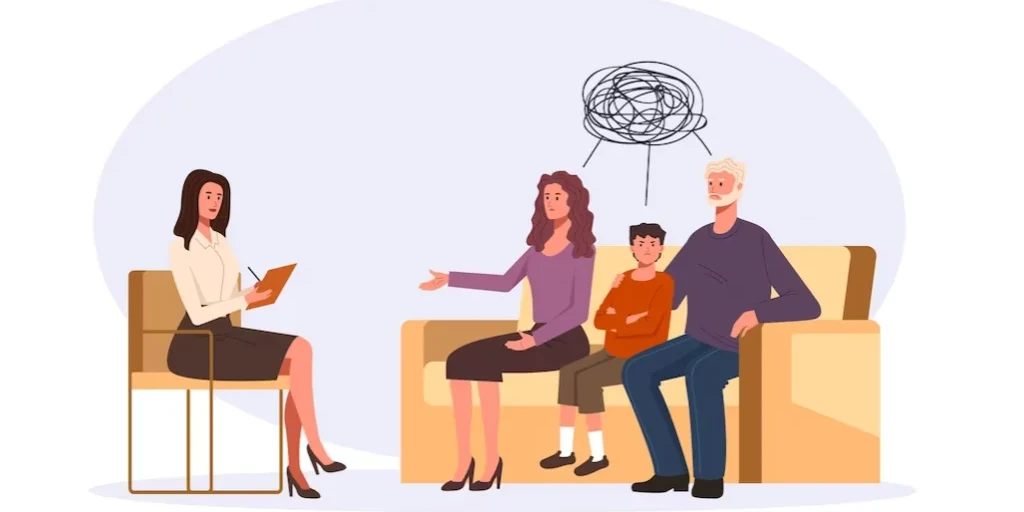rehab centers play a pivotal role in the recovery process for individuals struggling with addiction. These centers focus on collaborative treatment models where individuals can share their experiences, learn from others, and gain insights into their own habits and triggers. Group Therapy rehab centers in Benton address a wide range of substance addictions, including alcoholism, opioid dependency, and stimulants, among others. The treatment approach typically combines psychoeducation, skill development, and practical strategies aimed at fostering personal accountability and dedication to sobriety. The importance of rehab centers cannot be overstated; they provide a structured environment that encourages healing, accountability, and social support. Historically, the inception of Group Therapy rehab centers traces back to the mid-20th century, originating from the need for community-based treatment solutions. Their impact in the U.S. has been significant, paving the way for innovative, empathetic approaches to addiction treatment that have shaped modern practices. With a growing acknowledgment of mental health, these centers not only treat the addiction itself but also the underlying psychological issues that often accompany substance abuse, creating a holistic recovery treatment outlook.
Learn more about Group Therapy centers in Benton County






















































































































